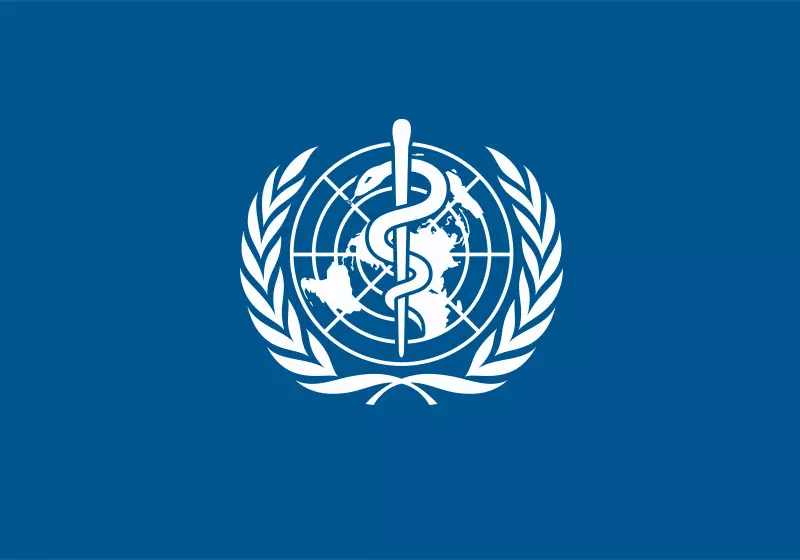WHO Tackles Global Loneliness Crisis, Forms Commission on Social Engagement
Experts Warn of Health Risks as Loneliness Affects a Quarter of World Population;

Is loneliness going to become an epidemic for the world? The problem of loneliness has become so dire that the World Health Organization (WHO) has taken the initiative to take steps to solve it and has announced the formation of a commission related to social engagement. WHO believes that urbanization, economic pressure and increasing distance in social relations are behind this problem, and the COVID-19 pandemic has also deepened this impact. The commission will publish its first report by the middle of next year i.e. 2025.
In view of the seriousness of the problem of loneliness, WHO started looking at loneliness as a primary public health problem in November last year and soon after that it announced the formation of a social engagement commission to solve it. The commission has a total of 11 members who have been entrusted with the responsibility of defining the global agenda of social engagement, spreading awareness and solving evidence-based problems.
WHO believes that the problem of loneliness is affecting more than one-fourth of the world's population and this problem is emerging as a major threat to public health in the coming times. According to WHO, this is a health problem that can cause many diseases in the long run, but due to the lack of any universally accepted standard, a comparative study of its severity is difficult.
WHO states that loneliness is not limited to the elderly population only, but the young population is also rapidly coming under its grip. The Covid-19 pandemic has made this problem more severe. Let us tell you that apart from the elderly population, there are no national figures related to people struggling with loneliness in India. META and Analytics, a company running social media platforms like Facebook and WhatsApp, and consulting firm GALLOP conducted a study on this which was published under the title 'The Global State of Social Connections'. The study said that a quarter of the world's population is struggling with the problem of loneliness and 30 percent of the participants from India who took part in this study believe that they feel lonely.
In psychology, loneliness is defined as a personal feeling in which a lack of social relations is usually seen, although different opinions are also found about it. In an article published in the Down To Earth magazine, Professor of Psychiatry Aparna Shankar said that, 'Loneliness is a personal feeling of every person because it can give different experiences to different people. It can act as a triggering point for a socially disconnected person. But, it is also possible that you are surrounded by friends but still feel lonely.' She says that, 'Loneliness only sets in when a person is dissatisfied with the quality of relationships.'
Loneliness also poses many dangers to health. According to medical experts, people suffering from loneliness are 14 times more prone to depression, while the risk of heart diseases increases by 30 percent and the risk of type-2 diabetes increases by 98 percent. Not only this, it also leads to such behavioral changes that push a person towards suicide or drug addiction.
Social scientist Professor P. Kumar believes that WHO's initiative is meaningful and timely. But at the same time he says, 'It will also face many challenges in this matter. The first is, where will it get reliable information from? The parameters to measure loneliness are very different across the world and in many countries including India, most of the people suffering from it are not known.'
Professor Kumar believes that, 'The factors responsible for loneliness can be different in developed, developing and underdeveloped countries as well as in different social classes. For example, in a country like India, urbanisation, poverty, illiteracy, excessive dependency and lack of awareness are the common causes of loneliness, while elderly living alone, family discord, nuclear families are some of the social factors behind it.

